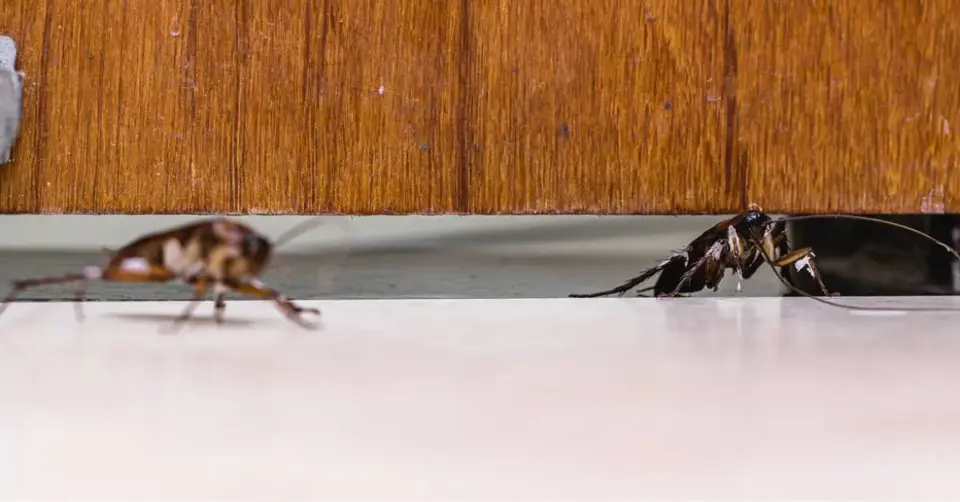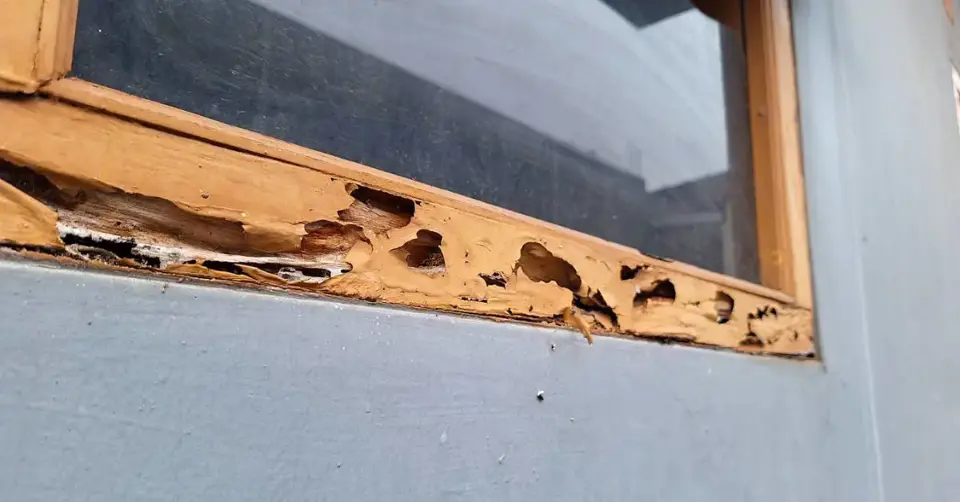

The Secret To Keeping Wasps Out Of Your Dallas Yard
Dallas is home to several wasp species. The most common are paper wasps, yellow jackets, cicada killer wasps, and bald-faced hornets—which are also wasps. All of these, except cicada killer wasps, are social wasps. This is an important distinction. Social wasps are wasps that gather into a swarm to protect their nests. Solitary wasps, like the cicada killer, do not have this nest-protection instinct. While cicada killers are the largest of all these wasps, they are the least likely to sting you. But, if they do, you won't soon forget it. The stinger on a cicada killer wasp is quite impressive. It is best to not have any wasps in your yard. What is the secret to keeping wasps out of your yard? We're glad you asked.
Wasps Are Good, Nests Are Bad
First, it is important to understand that the goal isn't to prevent all wasps from entering your yard. Wasps are beneficial insects. It is good to have these insects visit your yard every once in a while. They help with pollination and they eliminate some venomous pests, such as spiders. Not only are wasps a benefit, but they're also not much of a threat when they are away from their nests. As long as you don't take a swing at a wasp, you aren't likely to be stung.
Attractants
One key way to prevent wasps from creating nests in your yard is to remove attractants. These are food, water, and harborage. Obviously, you can't remove them all, but reducing them can make your yard less ideal for nest creation.
Food — Stinging insects feed on nectar, but wasps have a preference for sources of protein. If you have lots of bugs in your yard, you're likely to have wasps establishing nests. If you have open trash, don't be surprised if a wasp nest develops nearby. Remove or protect food sources to resist wasps.
Water — Stinging insects need water more than they need food. They'll get water from a puddle, a pool on a leafy plant, an object that has captured rainwater, or a clog in your gutter system. Address standing water to resist wasps and prevent nest creation.
Harborage — Some stinging insects create nests inside voids. If they find a suitable location in your yard, you may not realize it. Their nests are likely to be fully concealed from view. Do an inspection of your home's exterior and the exterior of all of the structures on your property and seal any gaps, cracks, or holes you find. Also, address ground holes since yellow jackets and other ground-dwelling wasps will take advantage of them. As you do your inspection, be on the lookout for wasp activity and paper nests attached to structures, trees, and bushes.
Nest Prevention
In the spring, you can prevent the development of aerial wasp nests by detecting them early and by removing them with a broom or extended removal tool. A removal tool can be purchased or created by getting a long pole and attaching a broom to the end. Use these to remove starter nests that are shaped like a half-umbrella. Check first to make sure the queen wasp isn't crawling on the outside of the developing nest. She won't take kindly to you knocking down her hard work.
Professional Nest Removal
Once a nest has passed its early stage of development, either in the ground or above ground, it is best to have a licensed pest management professional remove it. A professional uses well-established strategies to ensure safe removal. But you don't have to wait until you have a large, threatening nest on your property. Investing in year-round pest control from All-Safe Pest & Termite can give you proactive wasp nest prevention. There is no better way to keep wasps from creating nests on your property.
If you live in Dallas, reach out to All-Safe Pest & Termite to schedule a pest control inspection and to discuss options for ongoing pest control service for your home. Wasps are only one of many potentially harmful pests that can come into your yard and get into your Dallas home. Let our team help you get protected and stay protected.

How We Can Help You Our Services





.jpg.2601291047352.webp)
